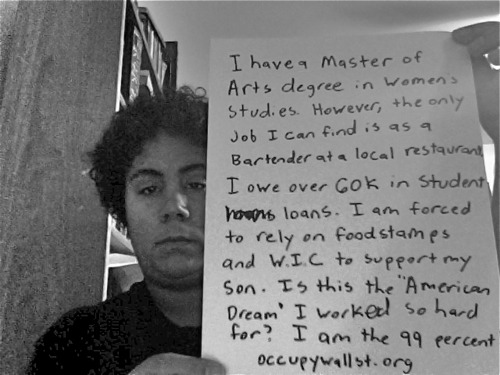What Do You Want To Make
In many ways it’s perverse – an individual has to make a decision in their late teens – early twenties that will impact the rest of their lives. But there it is, the decision: What are you going to do with your life.
And for a lot of people, this feathers into which degree they will obtain while attending college.
There Is More To A Degree Than Money
The big dilemma in coming to a decision on work is the work/life balance. On one hand, you can major in Film and try and make a life of watching and critiquing movies. The downside? Little chance of decent money.
Or, on the other hand, you can decide to “work for the man” and donate 50-60-70 hours a week and pursue a career in Business. Then again, majoring in a degree that requires significant study and commitment – math, engineering – is an option too.
While it’s important for college students to understand which majors are most marketable, this creeping notion that college majors should be valued mostly based on what the median or average graduate earns is very, very wrongheaded.
One reason English majors tend to earn less than business majors, for instance, is that many lit-loving 18 year olds aren’t particularly motivated by money, and want careers in, say, PR or journalism (or even teaching!) that are short on pay, but meet their interests. Saying business majors earn more only because of what they studied is like saying having lots of Nike running shoes in your closet makes you a faster runner. No. People who care about their mile times and love to run are more likely to have more running shoes, in the first place. Business majors tend to be more salary-focused than poetry majors. It’s a classic self-selection bias.
Yes.
If you want to make more money in life I would speculate that you are more likely to earn more money than someone who doesn’t have that same drive.
But, BUT, if that is your going in proposition, than don’t be this lady:
You do not get to ignore the reality that the market for Master of Arts degrees in Women’s Studies is not robust, spend years and money on that degree anyway, claim quality of life reason and then complain that you are unable to find a job that pays what you think someone else should pay you.
Look, I know a guy, a gifted mind, making tons of money. He wanted nothing more than to throw pottery in his backyard studio. So he quit and did it. He’s happy – but not ignorant of the reality that his income has plummeted.



Good post. When I was an undergrad I knew I wanted to go to grad school or law school because a political science major is not a very marketable four year degree. So I worked hard – 30 hours a week at a job, and got a 3.86 GPA. And after a stint in DC working for a Senator, I lived over a decade as a grad student, working and earning very little – but loving it for being in a tight knit group. Then I got what I wanted, a job that earns decent money, but nothing like people high up in the business world. But every step of the way I knew I what decision I was making and why, even the brief time after my MA and before my Ph.D. when I was a pizza parlor night manager.
As a college teacher, I constantly am talking to students about the reality of the job market. I tell Poli-Sci majors that if they don’t keep their GPA up and aspire to grad or law school, then the only way they’re likely to get a job in politics of some sort is through connections (and we do try to connect people, and many use that to get a foot in the door). I talk to people about their minors, what their goals are, and NEVER tell people they shouldn’t do X or Y, only that they need to consider the consequences of their choices. Being at a rural school, most students are pretty pragmatic and think about the choices. But I met people like the woman above who don’t think through what their choices mean. That is a bad decision whether one is spending time and money for a degree that won’t yield a good job, or if one decides to start work at 18 and forego college because they want a cool car. And I always remember my dad. He flunked out of college his first year, and worked himself up in the business world to earn more money (adjusted for inflation) than I ever will. That was the right choice for him, mine were the right for me, and from him I learned the lesson you are talking about above. You gotta deal with reality!
But I met people like the woman above who don’t think through what their choices mean. That is a bad decision whether one is spending time and money for a degree that won’t yield a good job,
And don’t get me wrong – if she lives and breaths women’s studies and wants to spend her life’s labor in the field, well, power to her. Just don’t be shocked, shocked I tell you, to learn that you will earn very little.
He flunked out of college his first year, and worked himself up in the business world to earn more money (adjusted for inflation) than I ever will. That was the right choice for him, mine were the right for me, and from him I learned the lesson you are talking about above. You gotta deal with reality!
Great example!